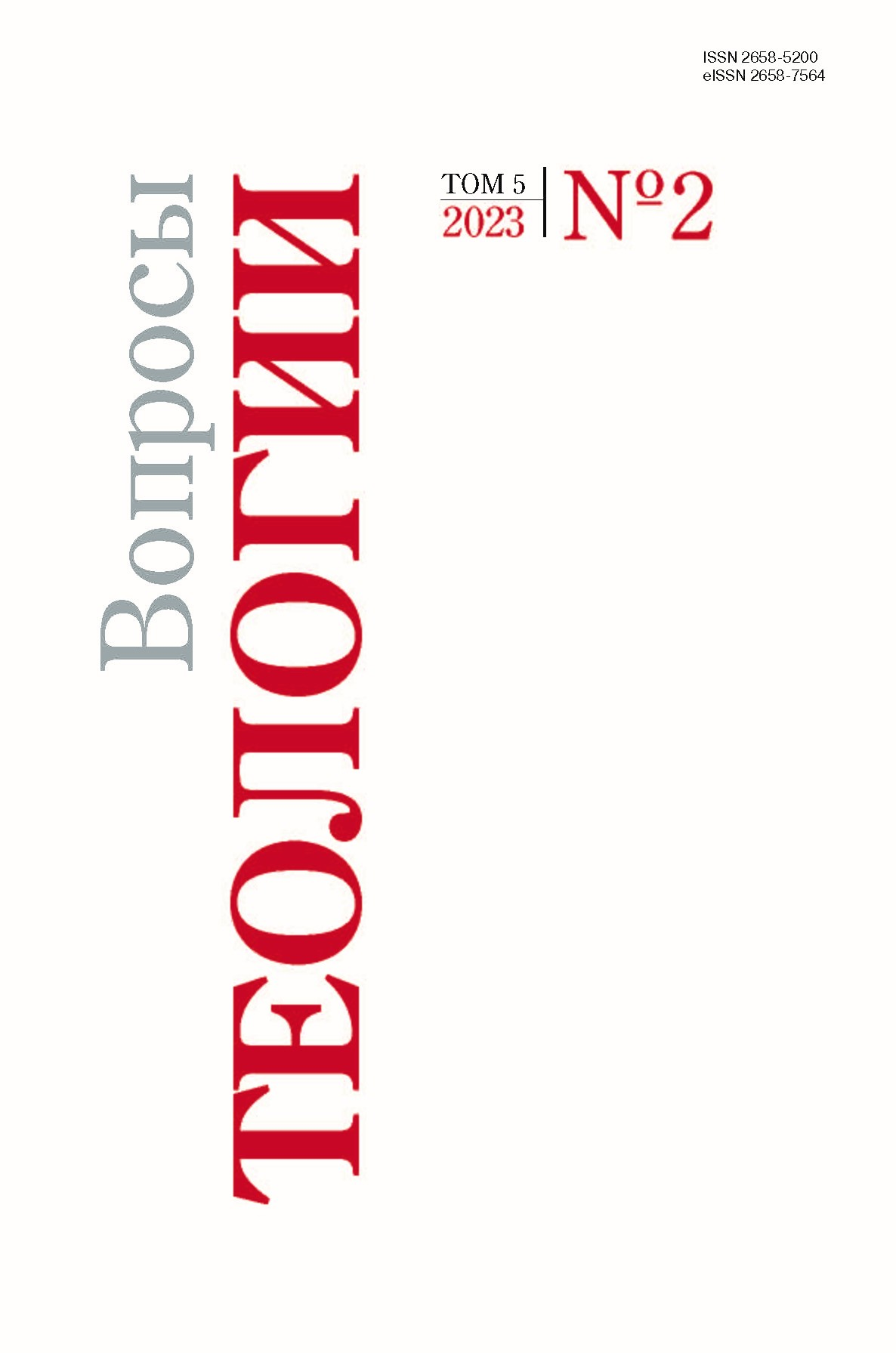Severus of Antioch’s idea of transforming the theological language from Triadology to Christology and its critique in Leontius of Byzantium’s treatise “Refutation of syllogisms of Severus”. Part three
DOI:
https://doi.org/10.21638/spbu28.2023.202Abstract
The given study is the third part of the article, which scrutinizes the idea of Severus of Antioch concerning which way, in the event of Christ’s incarnation, the meanings of the concepts of essence, nature, hypostasis, and person, which are the most important for representation of the theological sense of this event, are mystically transformed. Along with that, the polemics between the Chalcedonites and Severian Monophysites deployed on this idea, which is immediately represented in the third chapter of Leontius’ of Byzantium treatise “Refutation of syllogisms of Severus”, is taken into consideration. By its content, this chapter is split into two parts, each consisting of an argument of a Severian adversary of the Chalcedonite confession and a detailed refutation of this argument proposed by Leontius. While the content of the first half of the text is focused on the philosophical analysis of the problem of methodological adequacy of the very formulation of Severus’ idea both from the viewpoint of external philosophical wisdom and of theology. In the final, third part of the study, a detailed interpretation of the second part of the third chapter of Leontius’ treatise is proposed, where the argumentation of the Severians and Chalcedonites intended to solve the problem of the grammatical, philosophical and theological status of exegesis of Saint Fathers’ ambiguous expressions is represented together with the formulation of the method which would allow to exclude the homonymy present in these expressions.
Keywords:
Severus of Antioch, Leontius of Byzantium, Monophysitism, Chalcedonism, Christology, Triadology, definition, grammatical interpretation, natures and names
Downloads
References
References
Downloads
Published
Issue
Section
License
Articles of "Issues of Theology" are open access distributed under the terms of the License Agreement with Saint Petersburg State University, which permits to the authors unrestricted distribution and self-archiving free of charge.




